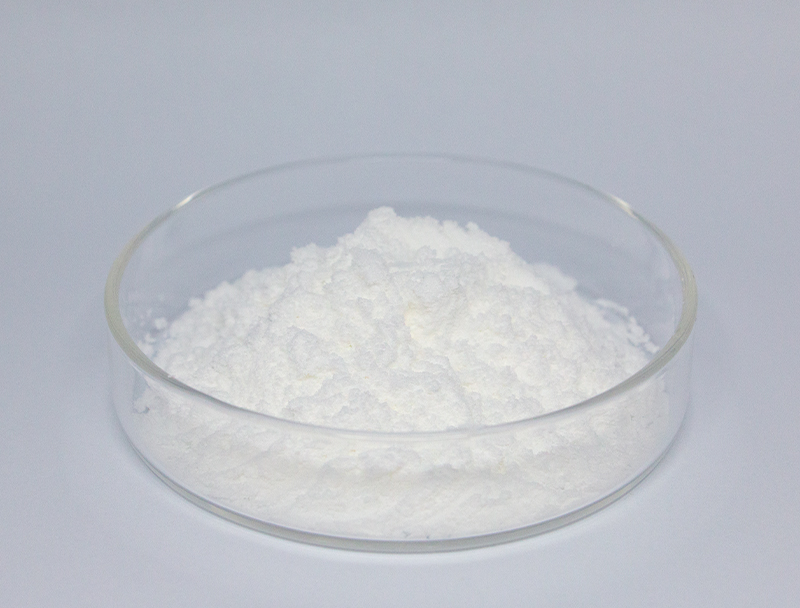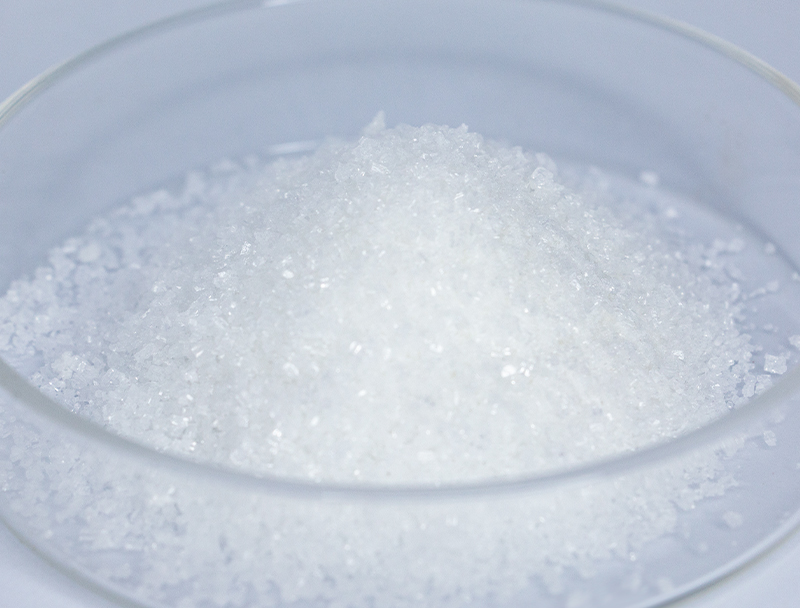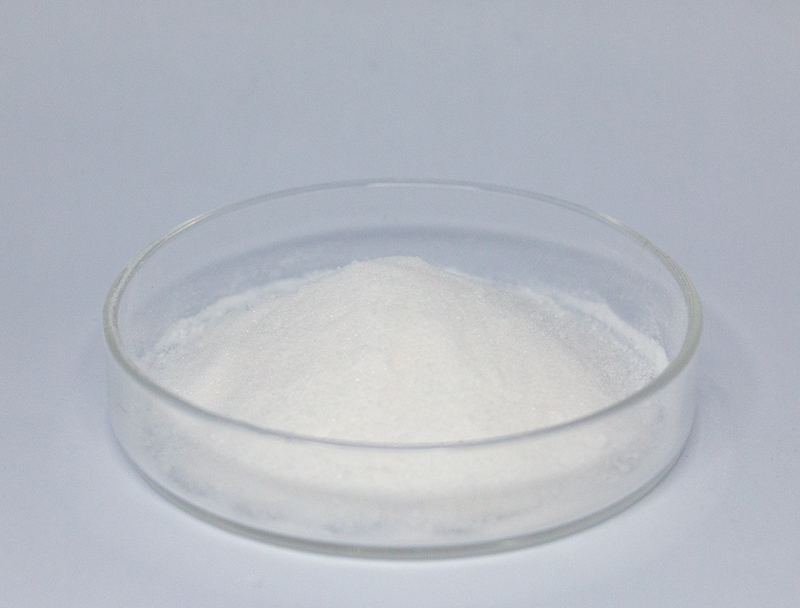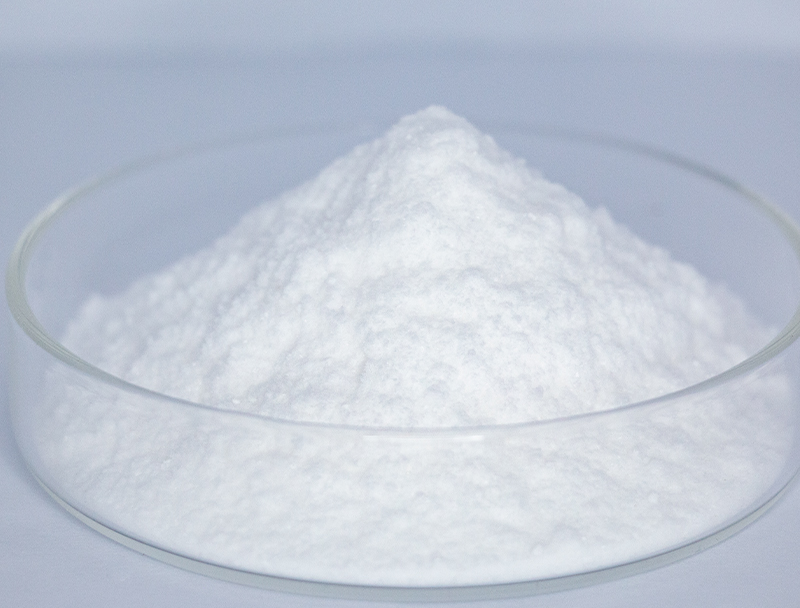
Biotech manufacturing draws predominantly from a wide assortment of primary inputs to supply inventive bioproducts.
Securing durable supply chain sourcing remains essential to industry resilience and responsible expansion.
numerous problems stemming from established sourcing methods like ecosystem disruption and unsustainable harvesting. Accordingly, manufacturers should embrace green sourcing tactics to shrink their ecological impacts.
- Models of sustainable material sourcing include:
- Harnessing secondary biomass from farming outputs
- Adopting looped production models to decrease loss and amplify reuse
- Building relationships with nearby vendors dedicated to moral sourcing
Embracing sustainable procurement produces environmental benefits with profitable potential.
Maximizing Feedstock Quality for Increased Biofuel Output
Enhancing biofuel output is grounded in superior feedstock characteristics. Engineers continually develop approaches to improve biomass suitability, producing improved fuel yields and a lower-carbon energy pathway. Strategies feature genetic optimization to raise biomass yield plus pretreatment to depolymerize plant polymers into sugars.
- Similarly, research probes algae, byproduct streams, and harvest remnants as potential sustainable sources to augment biofuel feedstocks.
- Because of continual endeavors biofuel technology is set to attain meaningful progress that supports renewable energy growth.

Biopharmaceutical Production: Innovations in Upstream Processes
covers the early phases of biopharma production including culturing and biological harvesting Recent developments in this field have resulted in optimized workflows that raise overall output.
Important innovations consist of upgraded cell platforms, customized nutrient matrices, and smart bioreactor solutions. These developments raise yield and cut costs as well as diminish environmental consequences.
- Moreover, continuous manufacturing adoption is enabling dynamic control and greater adaptability in upstream workflows.
- Embracing sophisticated manufacturing strategies is poised to change industry norms and shorten development cycles.

Innovations in Gene Editing for Improved Biopharmaceutical Yield
evolutions in genetic modification techniques have optimized therapeutic biosynthesis. Via deliberate gene edits, teams amplify protein expression for higher yields. These methods could enable production of accessible and efficient medicines tackling diverse health challenges.
Applying Microbial Tools to Improve Environmental Remediation
advanced microbe-driven remediation methods to treat contaminated sites sustainably. Microbial species can metabolize and convert hazardous compounds into benign byproducts.. Employing microbial processes facilitates remediation approaches that preserve ecosystem integrity while reducing pollution.. Analysts explore microbial consortia for targeted removal of metal toxins, pesticide residues, and petroleum contaminants.. Organisms may be utilized in controlled reactors or in place to accelerate contaminant decomposition through biodegradation..
Microbe-based remediation provides compelling advantages over standard remediation methods. These methods are economical and eco-conscious while reducing hazardous secondary waste. Likewise, microbial systems can selectively degrade contaminants while sparing the wider environment. The field of microbial biotechnology continues to advance rapidly, with ongoing research focused on improving the efficiency and effectiveness of bioremediation strategies.
The Role of Bioinformatics in Drug Discovery and Development
Bioinformatics techniques are integral to present-day therapeutic development workflows. From identifying potential drug candidates to optimizing their efficacy and safety, bioinformatics enables a more efficient and data-driven approach.
- Through mining large genomic, proteomic, and clinical repositories, informaticians reveal new targets and forecast drug behaviors.
- Additionally, simulation tools enable prediction of binding and activity, guiding creation of more potent drugs.
- Finally, bioinformatics is revolutionizing the drug discovery and development process, accelerating the time to bring safe and effective treatments to patients in need.
Pathway Engineering for Greater Bioproduct Yields
applies assorted techniques to boost microbial synthesis of valuable compounds. Options include metabolic rerouting via gene edits, expression tuning through regulatory control, and incorporation of foreign enzymes to expand function.. Via targeted metabolic optimization researchers can meaningfully escalate production of desired biochemicals.
This combined approach has capacity to change industries from drug manufacture to food production and bioenergy.

Industrializing Biopharmaceuticals: Risks and Rewards
Upscaling therapeutic manufacturing brings major obstacles along with promising prospects. Keeping consistent product performance at elevated volumes is a significant challenge. Addressing it demands strong process governance, accurate real-time analytics, and advanced measurement systems.

Another concern is that bioprocessing workflows are inherently complex and multi-staged.. Adapting protocols for industrial scale requires considerable development work and engineering advances.. However, the prospective rewards are sizable. Successful industrialization can broaden availability, trim costs, β-Nicotinamide Mononucleotide and raise profitability.
A series of measures are underway to confront these obstacles. Examples include novel optimization technologies, predictive analytics for real-time control, and inventive production models.
- Product development and process R&D are pivotal to boosting production capabilities.
- Regulatory agencies are working to streamline approval processes for new manufacturing technologies, facilitating innovation in the field.
Regulatory Strategies for Biopharma Compliance and Patient Protection
Developing biologic treatments requires exacting oversight to ensure consistent safety and efficacy. Biologic therapeutics bring unique regulatory and manufacturing demands unlike traditional pharmaceuticals.
Organizations like the FDA and EMA provide essential guidance and set standards for authorizing novel biotherapeutics..
Meticulous validation protocols are enforced from preclinical validation to long-term post-market evaluation.. The protocols serve to uncover safety concerns and certify that products fulfill rigorous protection standards..
Furthermore, regulatory bodies are constantly evolving their approaches to keep pace with the rapid advancements in biopharmaceutical research.. Programs embrace modern technologies and foster development speed while maintaining patient-centered safeguards.

Harnessing Plant Feedstocks to Create Biodegradable Plastics
Heightened demand for sustainable products accelerates efforts to develop renewable material alternatives. Plant-derived biomass as input for bioplastics represents a practical route toward greener materials. Plant-based biomass resources such as cornstarch, cellulose, sugarcane can be processed into biodegradable plastics that degrade naturally, minimizing the environmental impact of conventional plastics.
Concurrently, several bioplastic formulations approximate conventional plastic traits and serve wide-ranging applications. Further innovation is required to mature plant-based bioplastics for broad adoption and circular economic models.
Emerging Biotech Solutions for Health and Food Security
Biotech innovations hold promise to dramatically impact health and the reliability of food systems. Applying targeted genetic edits, synthetic biology frameworks, and cellular therapeutics, practitioners produce measures to address infectious disease, boost harvests, and upgrade nutritional content.. For example, engineered crops with pest resistance and stress tolerance can increase yields while lowering pesticide use.. Moreover, biotechnology plays a crucial role in developing vaccines, antibiotics, and diagnostic tools that are essential for combating infectious diseases and improving global health outcomes.. Continued scientific progress suggests biotechnology will increasingly underpin healthier, more sustainable societies worldwide.
